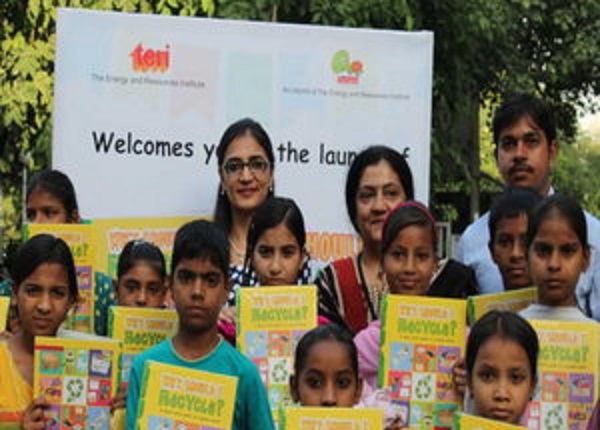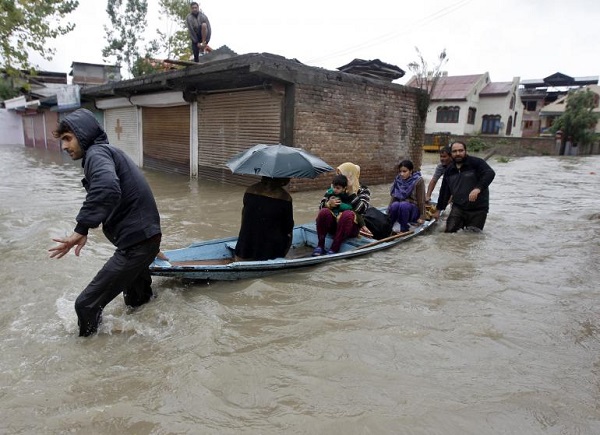The TERI Press releases a new book for children, titled ‘Why Should I Recycle?’, to explain the principle of reduce-reuse-recycle.
by The Editors | editor@themetrognome.in
TERI Press, the publishing wing of The Energy and Resources Institute (TERI), recently released a book, Why Should I Recycle?. The book helps children understand the principle of reduce, reuse, and recycle, and how these principles can make the world a cleaner, healthier and better place.
Speaking at the book launch, Prabir Sengupta, Distinguished Fellow and Director, TERI, said “The overall perception about what is sustainable and what is not, what is ethical and what is not can only be taught through books.”
The launch of the book was followed by a panel discussion. The discussions deliberated on several issues, including the lack of availability of environmental literature for children, creating interesting books on green issues for kids, national policy perspective on environment and children literature, environmental education and the role of schools.
Introducing the book, Aanchal Broca Kumar, author of the book, said, “Teach the child not what to think but how to think, to bring about a difference.” Added Lata Vaidyanathan, former Principal, Modern School: “Attitudinal change is necessary to bring about a turnaround. Reading should be encouraged without testing or competition.”
Dr MA Sikander, Director, National Book Trust, said, “Promote reading as a natural culture and inculcate the habit in children at a very young age.”
(Picture courtesy daily.bhaskar.com)


